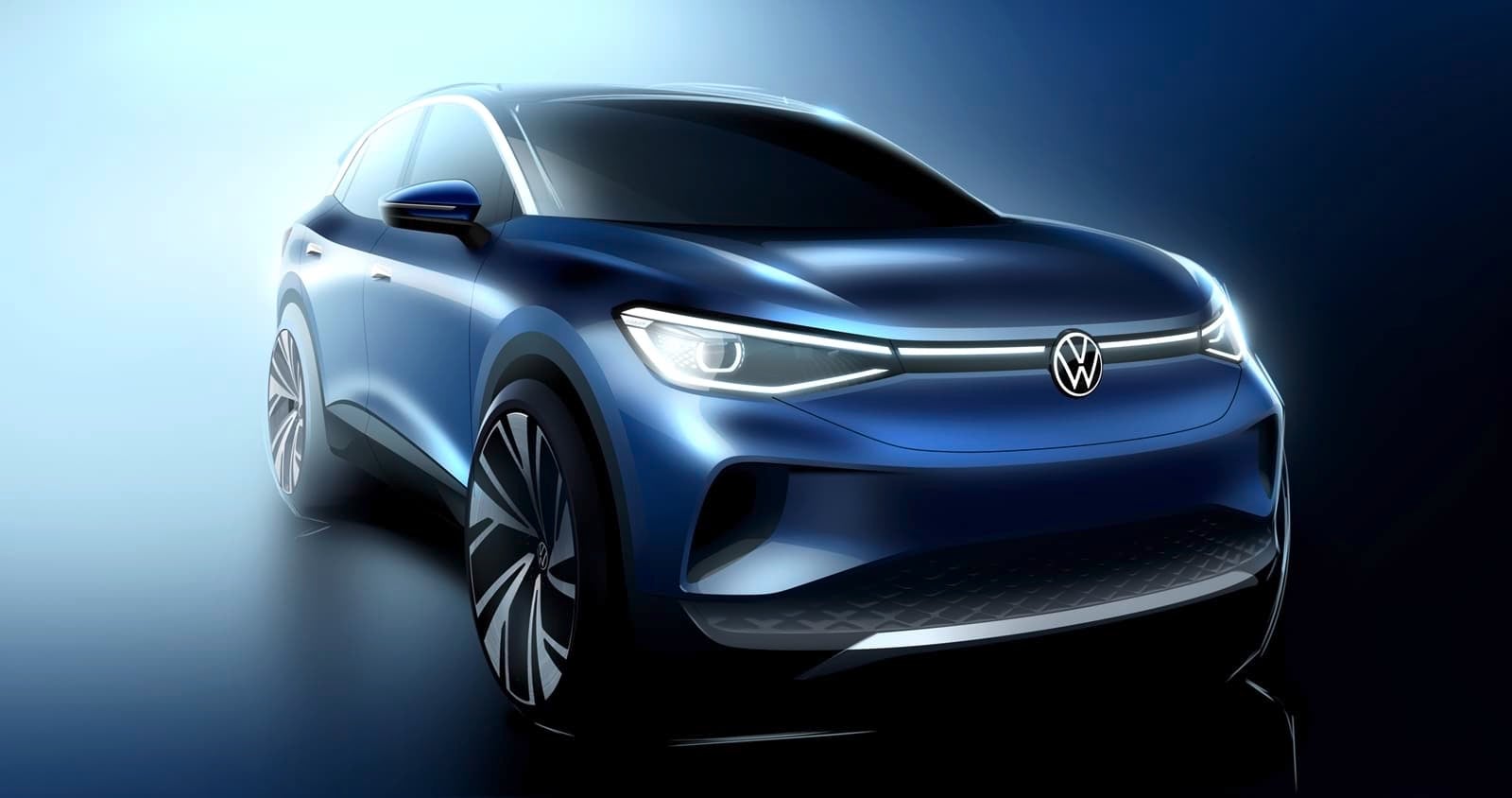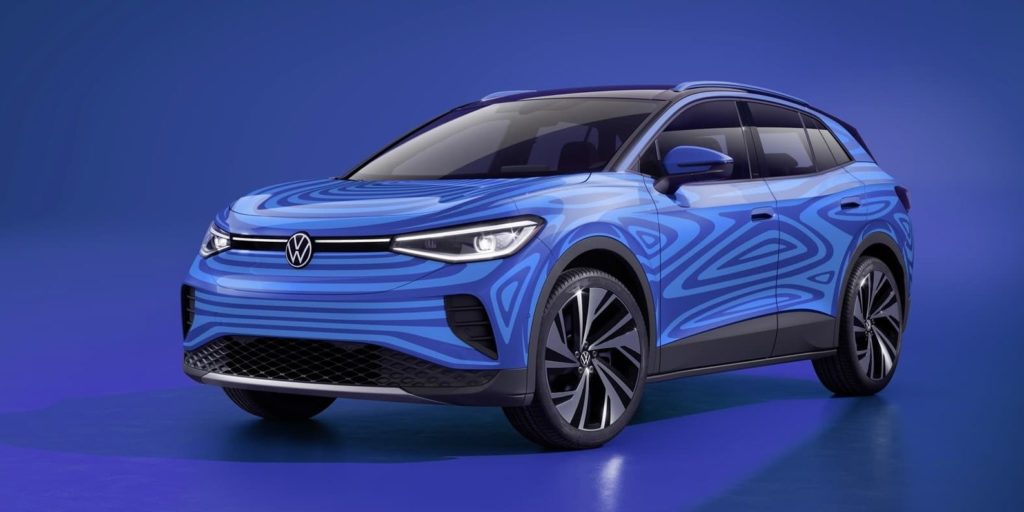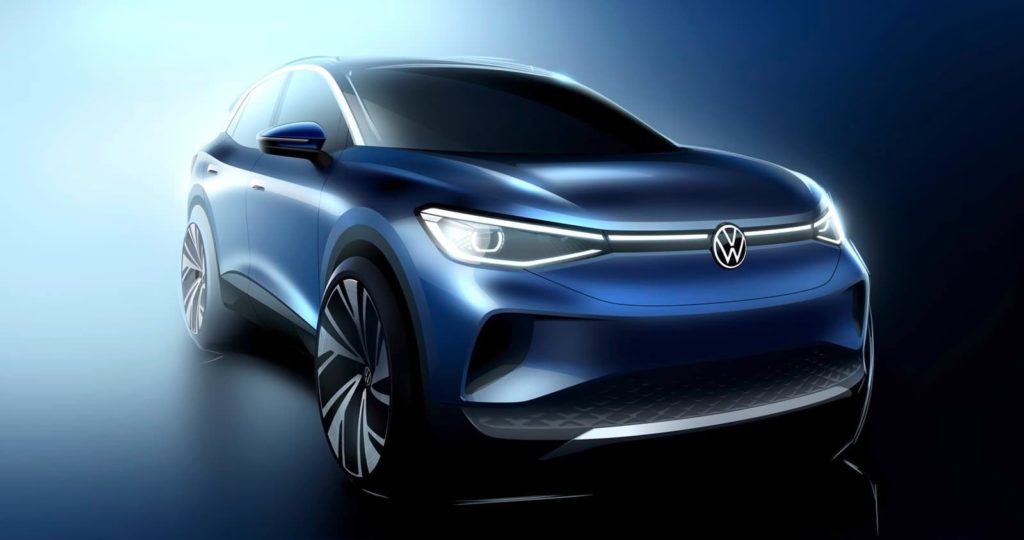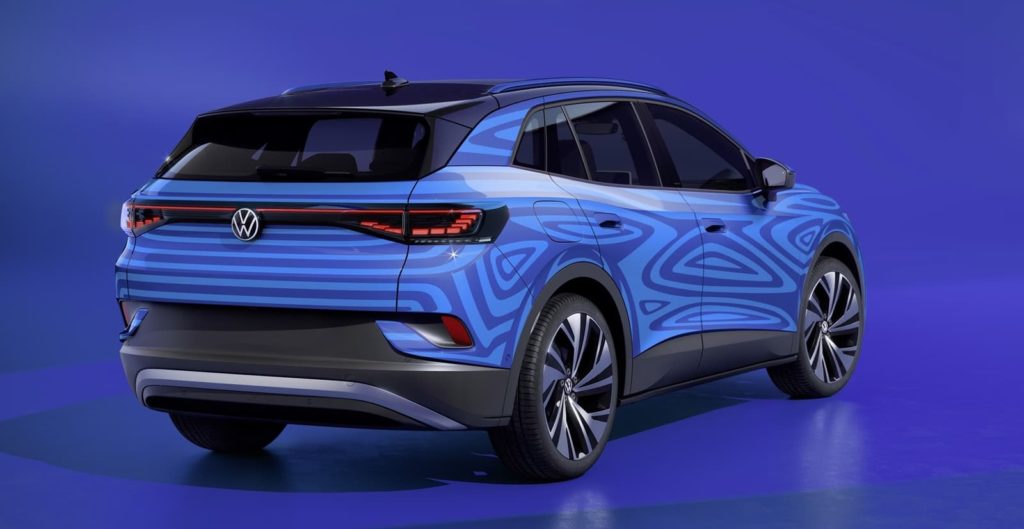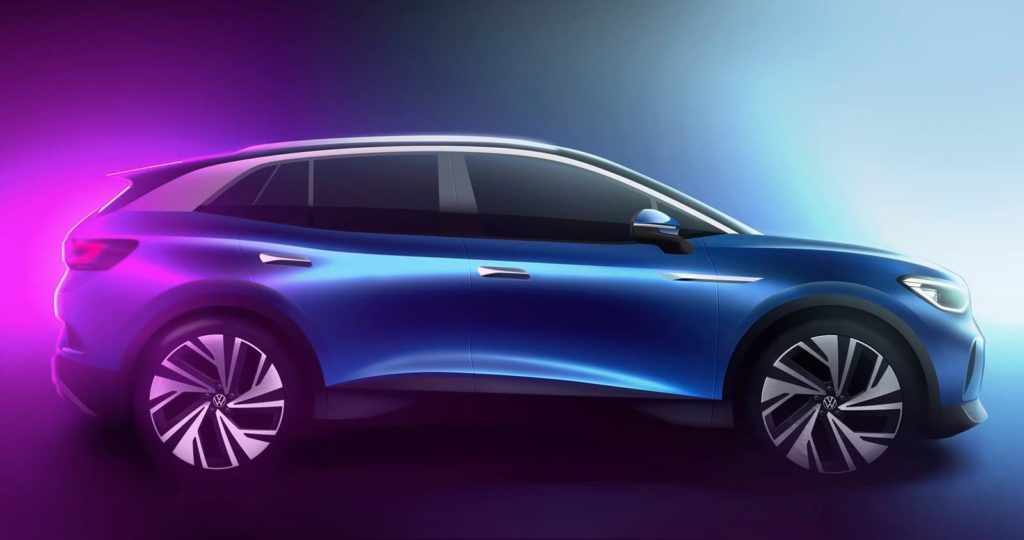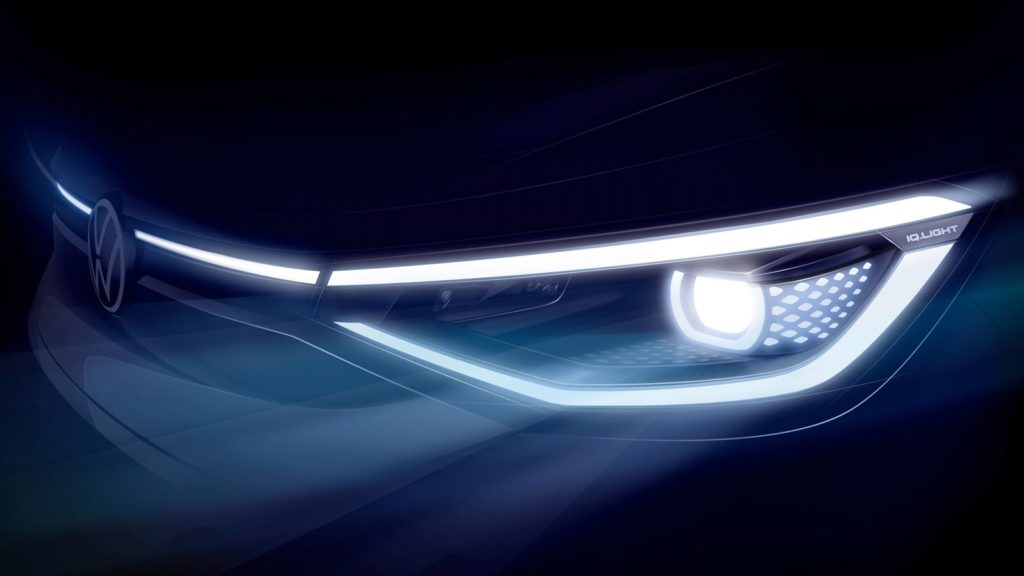Volkswagen ID.4: new images and details of the electric SUV that will arrive at the end of the year with up to 500 kilometers (310 miles) of autonomy:
“The outstanding aerodynamics reduce the drag coefficient, and it will boost the ID.4’s range to up to 500 kilometers, depending on the drive package,” said Ralf Brandstätter, Chief Operating Officer of the Volkswagen brand.
Volkswagen has just launched a new series of images of its next electric model, ID.4. This SUV of segment D based on the MEB modular platform will be the production version of the ID.CROZZ prototype, and will reach the American market this year to become one of the main rivals of the Tesla Model Y.
Like ID.3, the new ID.4 will be a vehicle with neutral carbon dioxide emissions. The electric SUV will be produced and sold in Europe, China, and the United States, the three main markets for electric cars worldwide.
According to Volkswagen itself, one of the highlights of the new model will be its aerodynamic care, thanks to which the vehicle can reach 500 km (310 miles) of autonomy under the WLTP approval cycle. Initially, ID.4 will only be offered with rear-wheel drive, although variants with all-wheel drive will be joined later.
Thanks to the efficient design of the MEB platform (skate-board type, with flat batteries located on the ground floor and electric motors on the axes), ID.4 will enjoy a large cabin, a balanced distribution of weights, and a shallow center of gravity. Although no interior images have been revealed, Volkswagen has emphasized the profusion of touch surfaces and the importance of vocal commands.
The model is expected to be offered with two battery packs: one of 58 kWh, and another of 77 kWh.
The Volkswagen ID.4 will share an assembly line with the Skoda Enyaq at the Zwickau plant. As the Volkswagen ID.3 and the SEAT el-Born will be roughly the same car with a differentiated aesthetic, it is expected that the Volkswagen ID.4 and the Skoda Enyaq share absolutely all its mechanical and structural elements, which will allow the Volkswagen Group reduce development and production costs.

